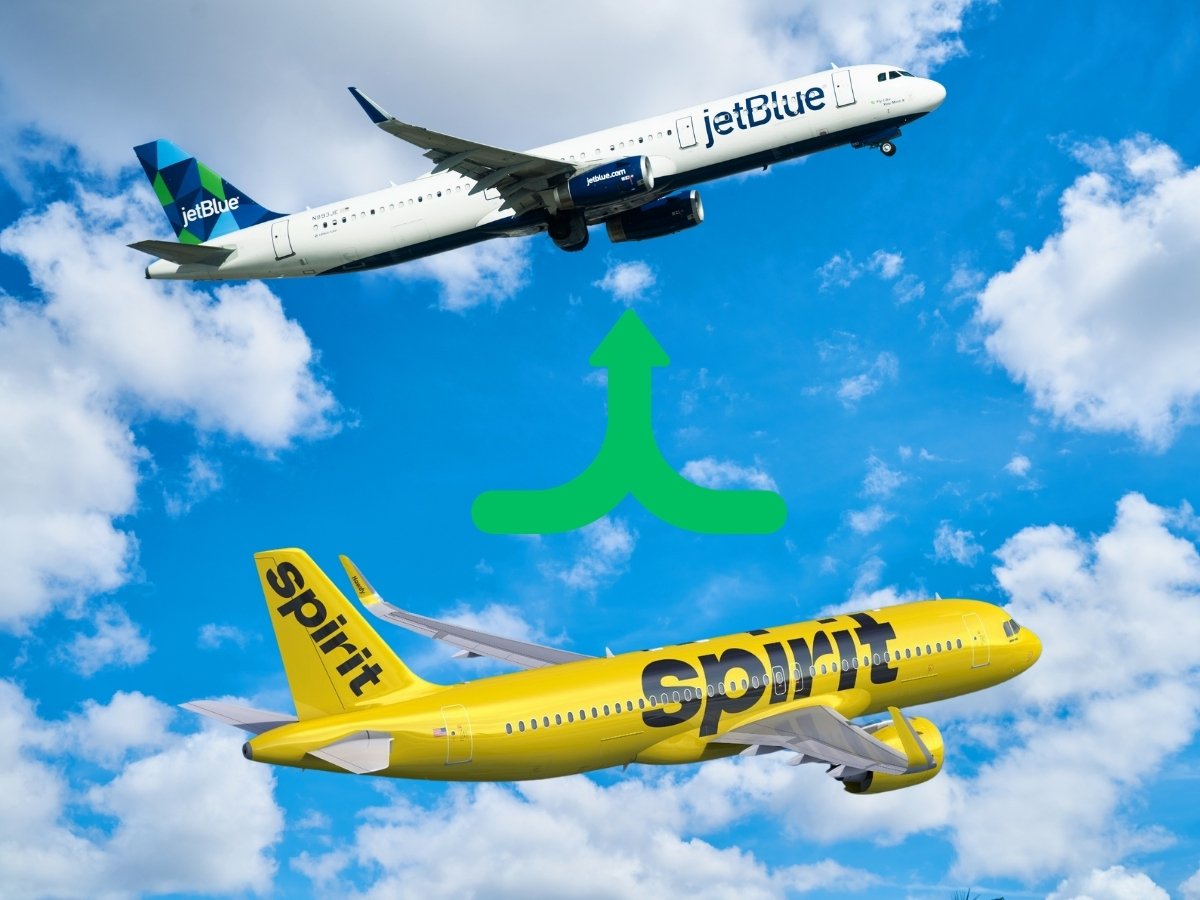In a significant development for the US airline industry, a federal judge in Boston has blocked the proposed $3.8 billion acquisition of Spirit Airlines by JetBlue. This ruling sent Spirit Airlines’ shares tumbling by 60%, while JetBlue’s shares saw a 4.9% increase.
Spirit is still getting crushed today post-JetBlue merger block
Market cap:
• January 16 – $1.63 billion
• January 17 – $660 millionIt’s been a brutal 24 hours pic.twitter.com/4TzmdPm7EK
— Morning Brew ☕️ (@MorningBrew) January 17, 2024
The Ruling’s Impact on Airline Shares
The court’s decision raised concerns about increased fares for flyers, especially those of discount airlines like Spirit, and the potential debt burden on JetBlue. The ruling aligns with the Biden administration’s stance on enhancing competition in various sectors, including airlines, to reduce consumer costs.
Read: Biden’s Bold Move: Overdraft Fees Slashed to $3 in Banking Revolution
JetBlue and Spirit’s Response
Both airlines expressed disagreement with the ruling, emphasizing their belief that the merger would have bolstered competition against dominant US carriers. They are currently evaluating their next steps in the legal process.
A History of Consolidation
The US airline industry has seen significant consolidation over the past two decades, with major mergers reducing the number of major airlines from ten in 1999 to four today. These mergers have led to a more profitable industry but also fewer choices and potentially higher fares for travelers.
The Government’s Stance on Mergers
The Biden administration has adopted a more aggressive approach to mergers, particularly in the airline industry. This stance was evident in the government’s lawsuit to halt the JetBlue-Spirit deal and its previous challenge to an alliance between American and JetBlue in the Northeast United States.
Alternative Merger Proposals
Before the JetBlue deal, Spirit had considered a merger with another discount airline, Frontier Airlines. However, Spirit shareholders rejected the Frontier deal in favor of the more lucrative offer from JetBlue.
Future of Airline Mergers
The airline industry is currently eyeing another potential merger between Alaska Airlines and Hawaiian Airlines, valued at $1.9 billion. This proposal comes in the wake of the blocked JetBlue-Spirit deal and may face similar regulatory scrutiny.
Spirit’s Market Position
Spirit Airlines has been a leader in the ultra-low-cost market segment, offering very low base fares with additional charges for extras. This model has prompted major carriers to introduce “basic economy” classes, although Spirit has often been criticized for low customer satisfaction.







